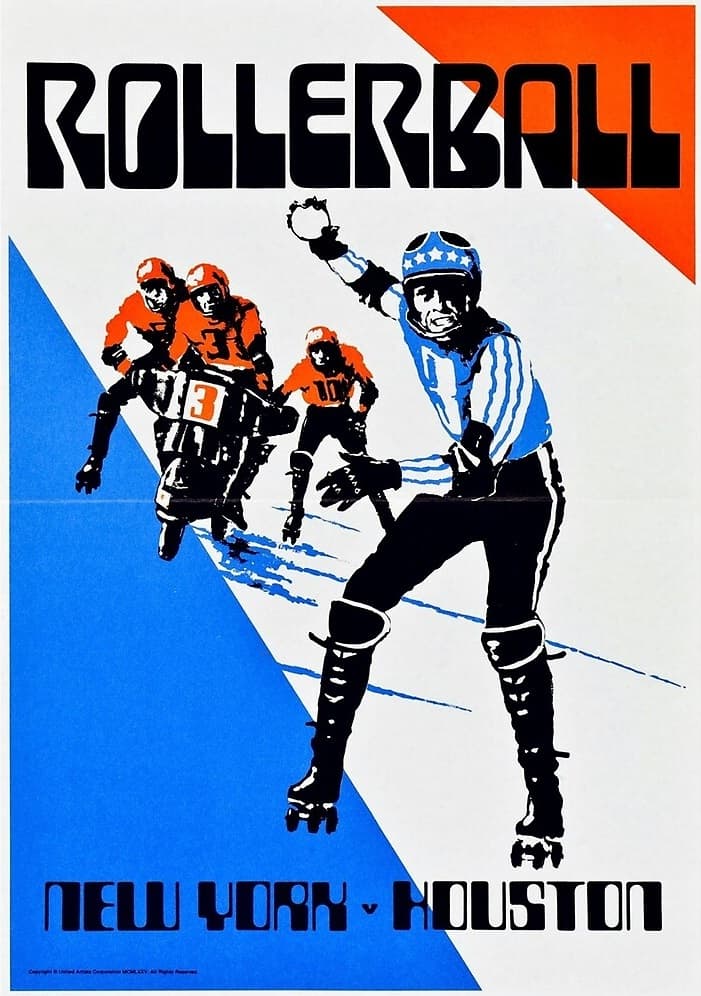
I once wrote that the grimy urban hellscape of Beherit’s Electric Doom Synthesis would be a perfect soundtrack to Robocop. I was wrong. Basil Poledouris’s score perfectly portrays the downtrodden, darkened world of Robocop’s futuristic Detroit. But he also captures the stranger moments, such as “Nukem,” the theme song to the Butler Brothers’ nuclear war board game, or “Big is Better,” an effectively forgotten proto-vaporwave muzak piece (appropriately, Verhoeven’s satire also complements the socio-economic commentary that vaporwave initially stood for).
Poledouris also manages to create a particularly strong leitmotiv, or theme, for our titular hero. It does not surface until Robocop is born, ignoring his human life as Murphy. The theme grows with Robocop. For instance, the quartet from “Murphy’s Dream” to “Rock Shop” portrays the journey from the curiosity and confusion of the prying memories of his humanity to the confrontation of those who “murdered” him. As the end nears, danger fills the otherwise heroic, inspirational theme before it crescendos into triumph when Robocop defeats Omni Corp. and wins the hearts of the people of Detroit.
The score, like the movie, is easy to initially disregard. But, peer beneath the surface and Robocop shows a surprising breadth and mastery.



